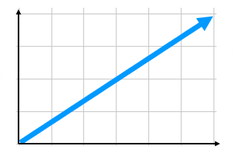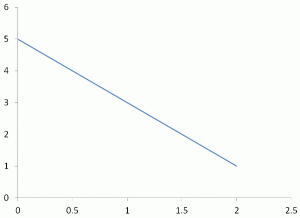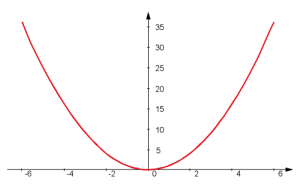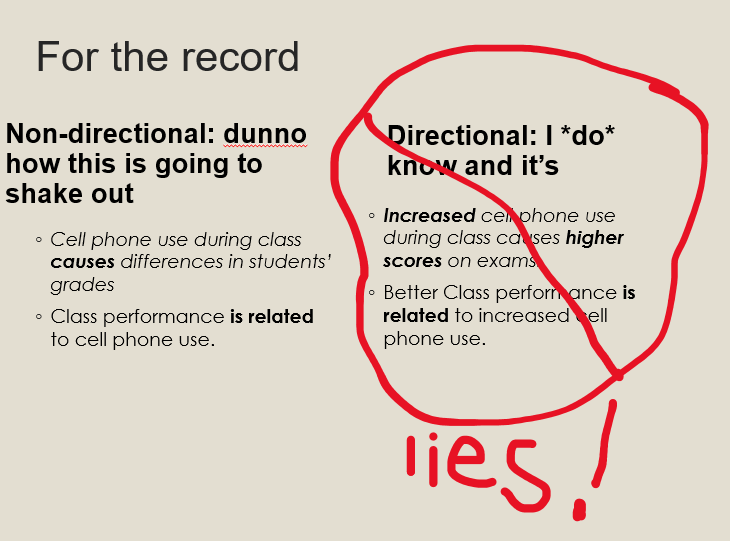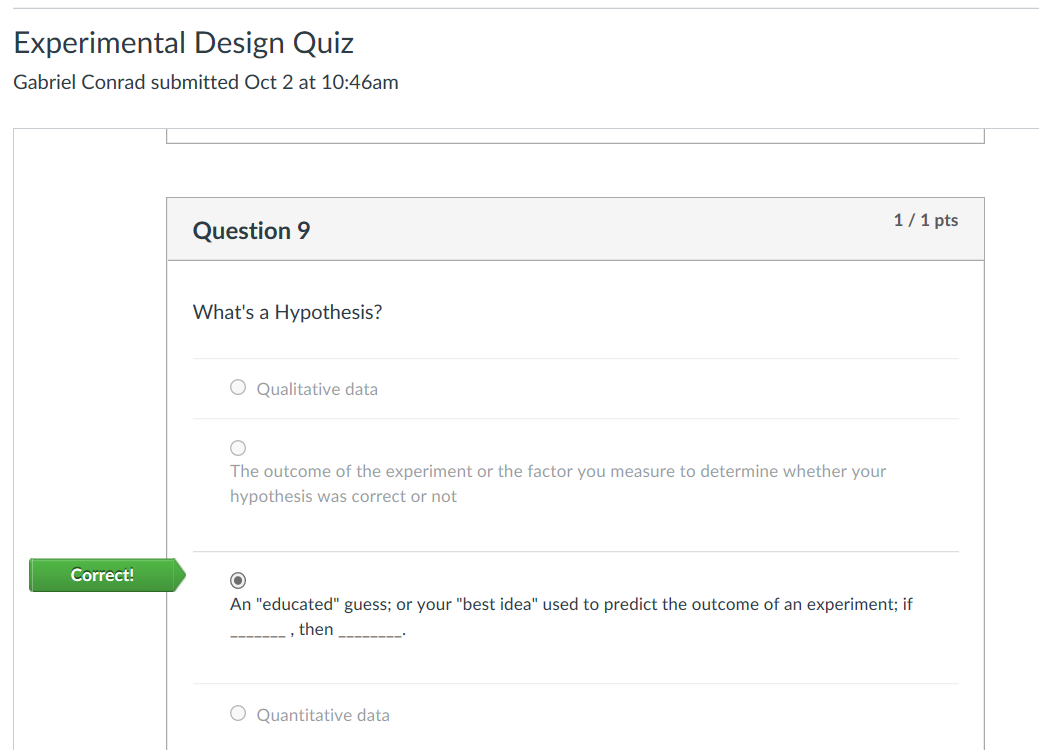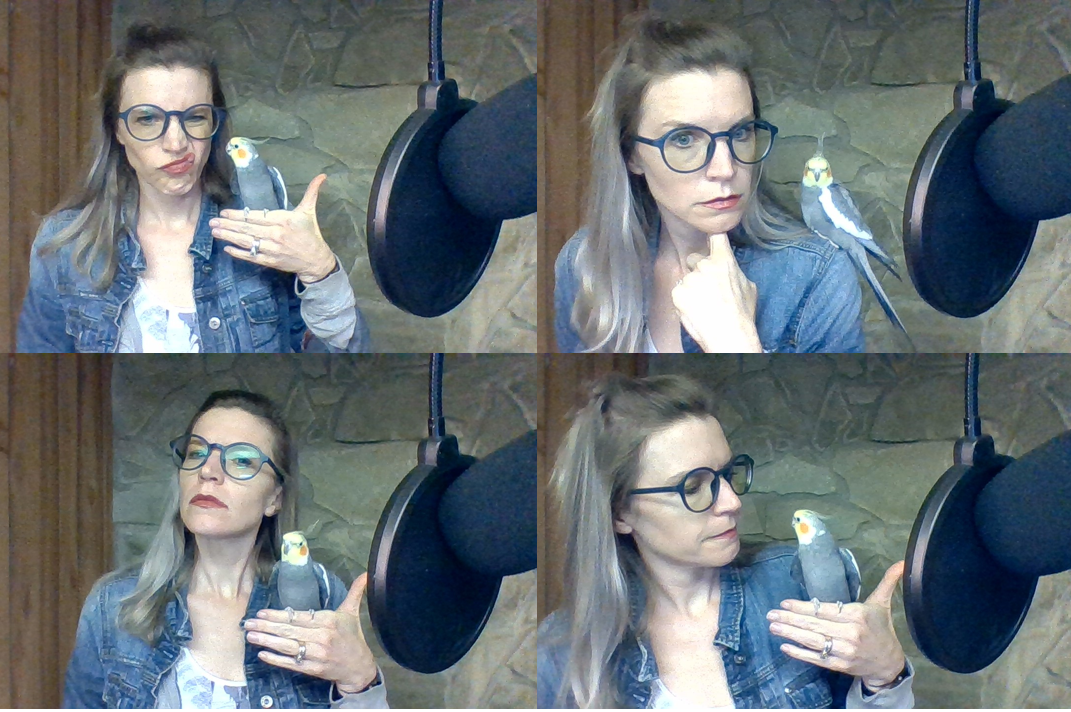Unit 12: Variables. In RQs and HYs
63 HYs- Association, Causation, Direction
‘Doc, when is it a hypothesis and when is it a research question?’ I thought that you’d never ask. As a researcher, whether you ask a question (RQ) or state the relationship between variables (HY) is all dependent on the existing research available. First (and easiest) thing first, if you’re in your deductive research and you’re testing a theory then it’s a hypothesis. Now sometimes you might be suggesting an alternative path between concepts described in an existing theory, or adding a new concept to a theory, and that’s more likely to be a research question. At a minimum, you’ll spend your review of literature (that repository of secondary research the author did to build rationale for the study) building a persuasive argument for each RQ and HY. If there isn’t a lot of exisitng research out there about the specific phenomenon under investigation, many times you’ll see research questions asked. [1]
Learning Objectives
What is a hypothesis?
HYs- Association, Causation, Direction
Definition: A hypothesis is a predictive statement of the relationship between two variables.
Note: A hypothesis is different from a research question because it is a predictive statement.
Hypothesis can have an:
- Associational* Relationship: a change in one variable, there is also a change in the other variable.
- Example: As in-class cell phone usage changes, student performance changes.
- *you’ll usually hear this described as “correlation”
- Causal Relationship: one variable causes a change in the other.
- Example: Changes in frequency of cell phone usage result in changes in student performance.
- Proving a variable causes another is difficult because you must
- 1. establish that the effect cannot be explained by another variable
- 2. the variables must relate
- 3. Temporal Precedence (cause happened before effect)
- So, many researchers choose not to make a causal hypothesis (because it’s really difficult to DO all this in social scientific research!).
A hypothesis can also be:
- Non-directional (two tailed): The researcher knows the two variables are related, but unsure how.
- ex: As you drink more coffee, your energy level is affected.
- ex: As in-class cell phone usage changes, student performance changes.
- ex: Changes in frequency of cell phone usage result in changes in student performance.
- Directional (single tailed): Making a clear declaration of how the two variables relate.
- ex: As you drink more coffee, your energy level goes up.
- ex: As in-class cell phone usage increases, student performance decreases.
- Usually this type of hypothesis will only be used when there is already previous research.
“A hypothesis can also be”…also meaning you can have directional and non-directional HYs of association, and directional and non-directional HYs of causation.
Hypotheses can also be described as:
(examples by Holly Dannen, Haley Schwiso, Daniel Linares, Megan Schwieso, Johnny Hughes, FALL 2019)
Let’s talk about these different relationships using the variables Cheeto consumption and happiness.
- Up up (positive)
- ex The more Cheetos I eat, the happier I am
- Down Down (positive)
- ex The less Cheetos I eat, the less happy I am
- Up Down or Down Up (Negative)
- ex The more Cheetos I eat, the less happy I am
- Up Plateau Down or Down Plateau Up (curvilinear/ inverted curvilinear)
- ex As I eat more Cheetos, The happier I get, but If I eat too many I become unhappy
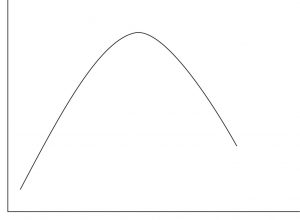
DocMC here. Let’s just make sure that we have things completely clear. Do you remember this screen?
Mmmkay, so it says LIES! because increased cell phone use during class causes LOWER exam scores, worse class performance, etc. There are loads of well-designed studies supporting this, but I’m going to start you with this one, because the first author is one of my grad school (MA) buddies. Go Redbirds!
Now let’s check in with 7th grade science:
This is a super example of how we’re leveling up in a college course. HY’s are colloquially understood as an “educated guess” but no social scientist I know would ever describe it that way, in part because of the connotative implications of the phrase
-
a guess based on knowledge and experience and therefore likely to be correct.“a prognosis can necessarily be only an educated guess”
Honestly, anything with “guess” in it defies the complicated process that pioneers a hypothesis! Part of the explanation is that this is a definition of hypothesis that comes out of “hard” science (it makes sense, it’s a “hard” science quiz.). “A hypothesis is a suggested solution for an unexplained occurrence that does not fit into current accepted scientific theory. The basic idea of a hypothesis is that there is no pre-determined outcome.” Link
Unfortunately, the hard science bias our society tends to have means that “educated guess” is thought of as the definition of hypothesis for EVERY science, even though it’s about the antithesis of what we mean in social scientific communication research studies. As I hope you learned in the video, there is NO guessing involved in writing a hypothesis in our discipline!
Got ideas for questions to include on the exam?
Click this link to add them! [this course element is paused because ya’ll aren’t submitting many questions…]
Special [DECIDEDLY UNWANTED] guest audio appearance in this chapter’s video by this guy:
- (but after all that sometimes it's in the gray area and a peer reviewer will ask you to make it an RQ or HY instead. And as an author you can either respond with a compelling reason why it should NOT be the other thing, or you can say "thank you for this suggestion", change it, and call it a day.) ↵
predictive statement between two variables
a change in one variable results in a change in another variable
one variable causes a change in another
researcher knows the two variables are related, but not sure how
makes a clear distinction on how variables are related

